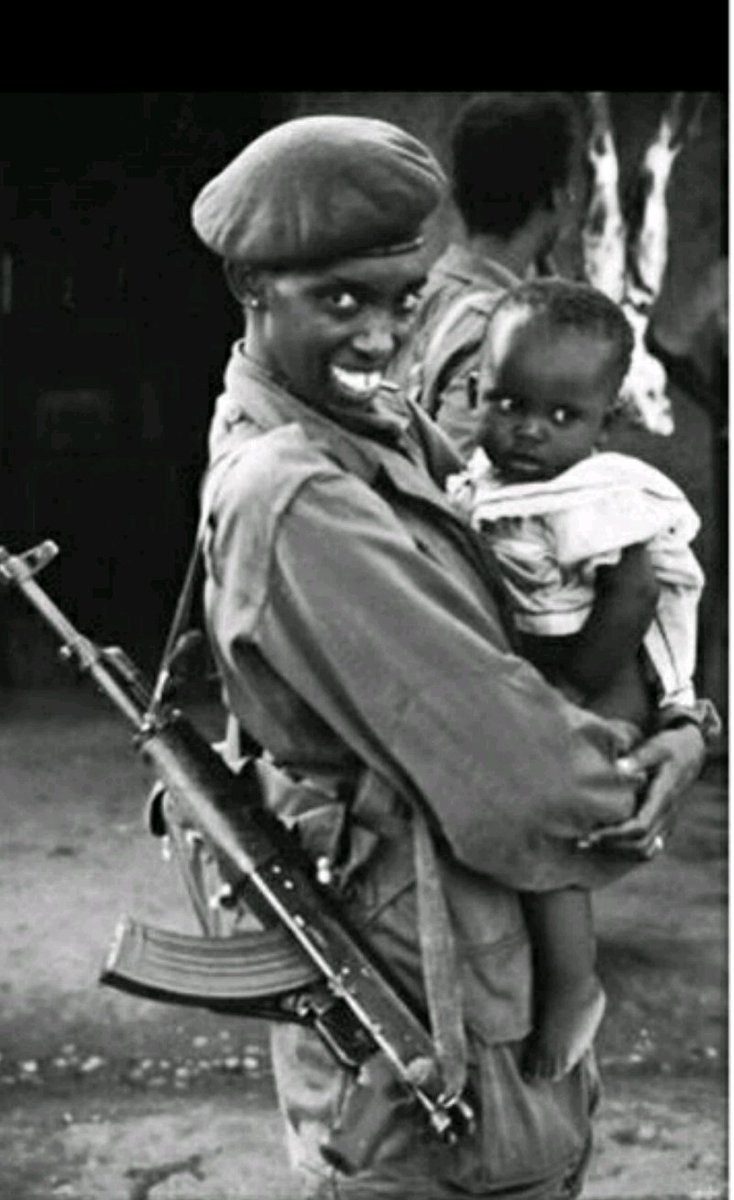Retired Lieutenant Colonel Rose Kanyange Kabuye rose to the highest rank in the Rwandan Army. She was also an advocate for the training of women leaders. Rose Kanyange was born on April 22, 1961, in Muvumba, Rwanda, to Kabuye Kanyange of the ‘Bazigaba’ clan. Information regarding her mother is not available. She was reared in a Ugandan refugee camp after her parents fled from Rwanda to escape Hutu-Tutsi violence.
Kabuye attended primary and secondary school in western Uganda, then studied political science and social administration at Makerere University in Kampala, graduating with a Bachelor of Arts in 1985. Afterward, she joined the Rwandan Patriotic Front (RPF) guerrilla forces fighting the then government of Rwanda.
In 1988, Rose married David Kabuye, a Captain of the Rwandan military. They have two sons.
From 1990 to 1994, Kabuye fought with others in the RPF to liberate Rwanda. During the mid-1990s, she became famous as one of the negotiators in the peace talks between the RPF and the Rwandan government. She put an end to the 100-day slaughter of Tutsi people by Hutu militias in Rwanda and Congo. The Hutu-led massacres killed an estimated 800,000 ethnic Tutsis and moderate Hutus who did not support the violence.
In 1994, after the RPF took control of Rwanda, Kabuye was appointed mayor of the capital, Kigali, which was in complete disarray after the conflict. She immediately organized efforts to ensure that temporary housing was available for the genocide survivors. In addition, she established the Kigali lottery to support the academic endeavors of 100 genocide orphans financially. She also called for the training of women leaders in both the new government’s military and political wings. In 1998, Kabuye became a Member of the Rwandan Parliament and served as Chairperson of the Defense and Security Committee.
While serving as Chief of State Protocol under Rwandan President Paul Kagame in 2003, Kabuye coordinated state activities for the president and advised Rwandan government leaders on effective national and international protocol. She served as the volunteer chairperson for the Kigali City AIDS Committee for the prevention and spread of HIV/AIDS.
In 2006, when Kabuye was still serving as President Kagame’s chief of protocol, she was accused, along with eight other senior Rwandan political and military leaders, of being part of the Tutsi group responsible for the assassination of then Hutu president Juvénal Habyariman. That assassination led to the 1994 Rwandan Massacre. Kabuye fled Rwanda and traveled to France to prove her innocence. She hoped that in Paris, she would be able to expose France’s attempts to cover up its responsibility for the mass slaughter.
Kabuye uncovered enough evidence to lead to her exoneration by President Kagame in 2009.
Because she participated in the campaign that helped end the Rwandan Massacre, Kabuye was the first woman to receive The Rwandan National Liberation Medal and the Campaign Against Genocide Medal.

